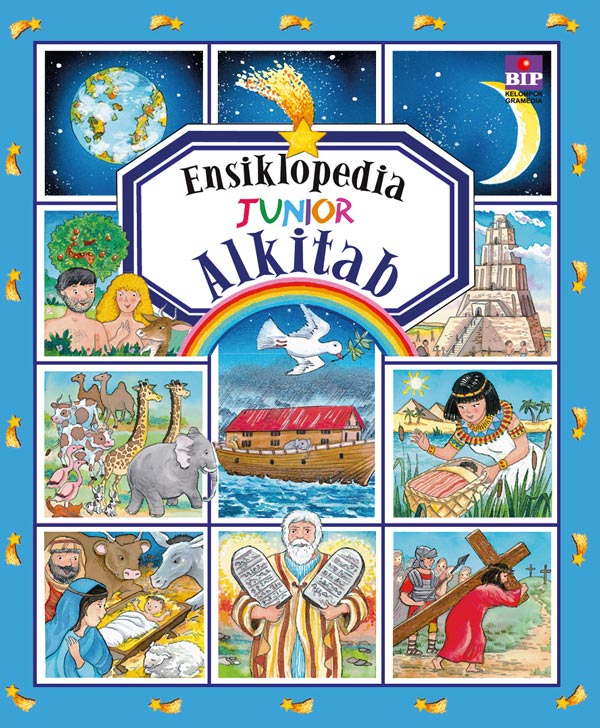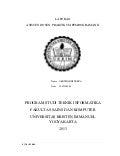

Whether that nature happens to be of the land, sea or even swamp is entirely dependent on what kind of druid character you create. Renowned for their ability to take the form of various members of the animal kingdom - as well as a few creatures we definitely wouldn’t want to consider part of that kingdom - druids harness the power of nature itself to fight their foes.

The question is rhetorical.If you’ve ever read an Animorphs book and thought “I wish I could turn into a hamster at will”, druid is the Dungeons & Dragons 5E class for you. 19 tn The Greek construction anticipates a negative answer, indicated by the ‘tag’ question “have I?” at the end of the clause. In this instance, the conjunction should probably stand. However, the mss that omit the conjunction are prone to such tendencies at times.

Robertson, A Grammar of the Greek New Testament, 435) that is found especially in 2 Corinthians and Galatians. This would fit with Paul’s “vehemence of spirit” (A. Without the conjunction, the sentence reads more harshly. A decision is difficult because although the overwhelming external evidence is on the side of the conjunction, the lack of γάρ is a significantly harder reading, for the whole clause is something of an anacoluthon. Even though Ì 46* omits γάρ, it has the same sense (viz., a subordinate clause) because it reads the participle βλέπων ( blepwn, “seeing” the Vulgate does the same). 14 tc A few important mss ( Ì 46c B D* it sa) lack γάρ ( gar, “for”), while the majority of witnesses have it ( א C D 1 F G Ψ 01881 Ï sy bo). 13 tn Grk “I did regret” the direct object “it” must be supplied from the context.

Here one could simply supply “it,” but since Paul is referring to the effects of his previous letter, clarity is improved if “having written it” is supplied. 12 tn Grk “I do not regret” direct objects in Greek must often be supplied from the context. Paul is referring to the “severe” letter mentioned in 2 Cor 2:4. This secondary addition may have taken place because of assimilation to τὰ δὲ πάντα ( ta de panta, “and all things”) that begins the following verse. The reading without τὰ πάντα, however, has excellent support from both the Western and Alexandrian texttypes ( Ì 46 א B C D* F G 048 0pc co), and the different word order of the phrase which includes it (“all things new” or “new all things”) in the ms tradition indicates its secondary character. KJV “behold, all things are become new”), some after καίνα ( kaina, “new” D 2 K L P Ψ 104 3 pm) and others before it (6 33 81 6 1505 1881 pm). 6 tc Most mss have the words τὰ πάντα ( ta panta, “all things” cf. 4 tn Grk “so that with me there should be.” 2 tn Grk “the things that I plan, do I plan (them).” This is indicated in the translation by the ‘tag’ question “did I?” at the end of the sentence. 1 tn The Greek construction anticipates a negative answer. 17 2 Korintus 12:15 Konteksġ2:15 Now I will most gladly spend and be spent for your lives! 18 If I love you more, am I to be loved less?ġ2:17 I have not taken advantage of you through anyone I have sent to you, have I? 19 We plead with you 9 on Christ’s behalf, “Be reconciled to God!”ħ:8 For even if I made you sad 10 by my letter, 11 I do not regret having written it 12 (even though I did regret it, 13 for 14 I see that my letter made you sad, 15 though only for a short time).ġ1:15 Therefore it is not surprising his servants also disguise themselves 16 as servants of righteousness, whose end will correspond to their actions. 1:17 Therefore when I was planning to do this, I did not do so without thinking about what I was doing, did I? 1 Or do I make my plans 2 according to mere human standards 3 so that I would be saying 4 both “Yes, yes” and “No, no” at the same time?ĥ:17 So then, if anyone is in Christ, he is a new creation what is old has passed away 5 – look, what is new 6 has come! 7 2 Korintus 5:20 Konteksĥ:20 Therefore we are ambassadors for Christ, as though God were making His plea 8 through us.


 0 kommentar(er)
0 kommentar(er)
